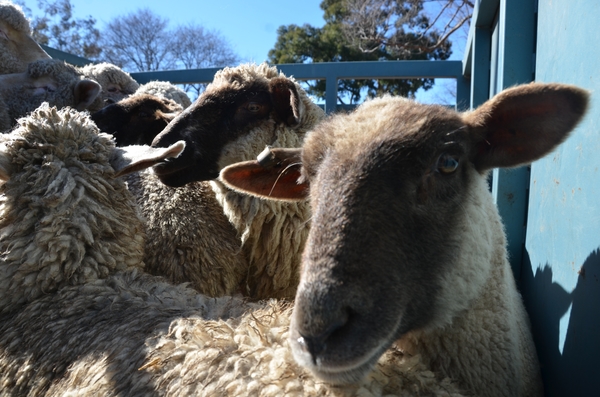Consider the time and money that is spent keeping flocks healthy, in protecting investments and the steps that could be taken to prevent the introduction of disease.
Agriculture Victoria Senior Veterinary Officer Robert Suter said genuine closed flocks are uncommon as most producers have purchased or agisted livestock, including rams, at some time.
“With the current surplus of feed and good livestock prices, producers are keen to buy in sheep and cattle, but care needs to be taken not to introduce disease,” Dr Suter said.
“Diseases are commonly introduced into flocks by bringing in sheep and, once introduced, can have a major impact on the value of the flock, plus consume time, effort and money in control or eradication programs.
“Farm biosecurity means keeping disease out and preventing the spread of disease from your flock to another flock.
“If your flock is infected with an infectious disease or if you suspect the flock is infected, you have a duty of care to ensure that other flocks are not placed at risk of infection.
“The risk of introduction of a disease can be minimised by obtaining a good history of the livestock from the vendor prior to purchase.
“At a minimum a buyer should ask if the flock was bred by the vendor and request a declaration relating to the disease status of the properties on which the livestock have been kept.
“The National Vendor Declaration should be examined for any potential warning signals, and you can request a sheep health statement,” he said.
A quarantine period in a designated area can be a practical way of restricting the possible introduction of diseases and weeds and the opportunity to examine for disease and external parasites.
Dr Suter said having good fences is the front line in farm biosecurity, and the maintenance of boundary fences is essential to prevent the introduction of stray livestock from neighbouring properties.
“Prevention is cheaper and easier than cure. Stop disease at the farm gate and think of biosecurity every time you plan to move livestock.”
For further information contact a veterinarian or Agriculture Victoria Veterinary or Animal Health Officer.







